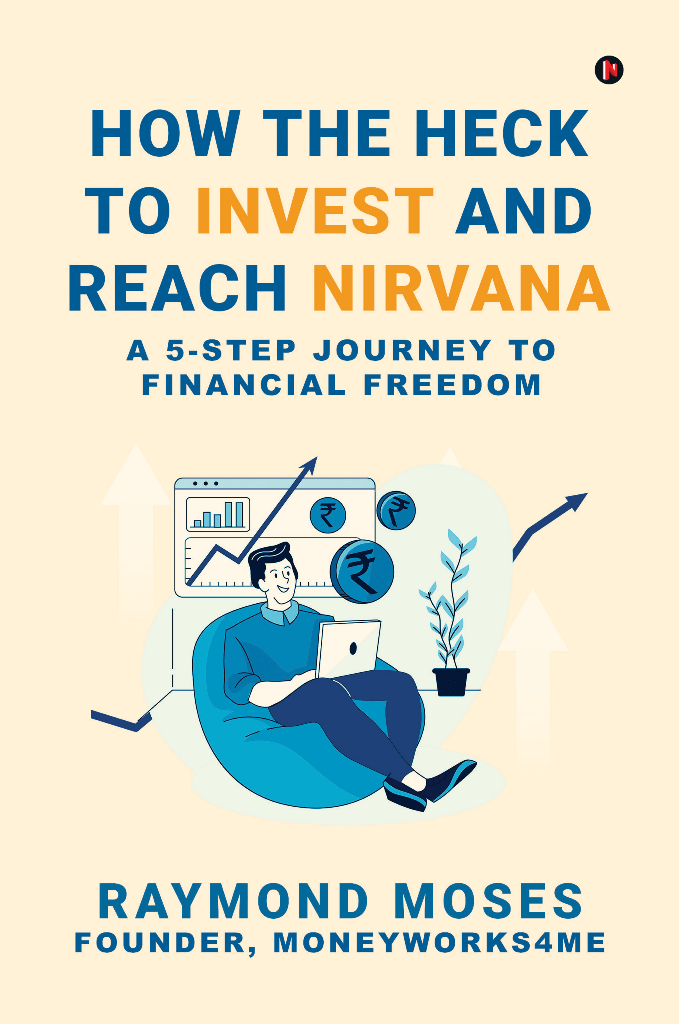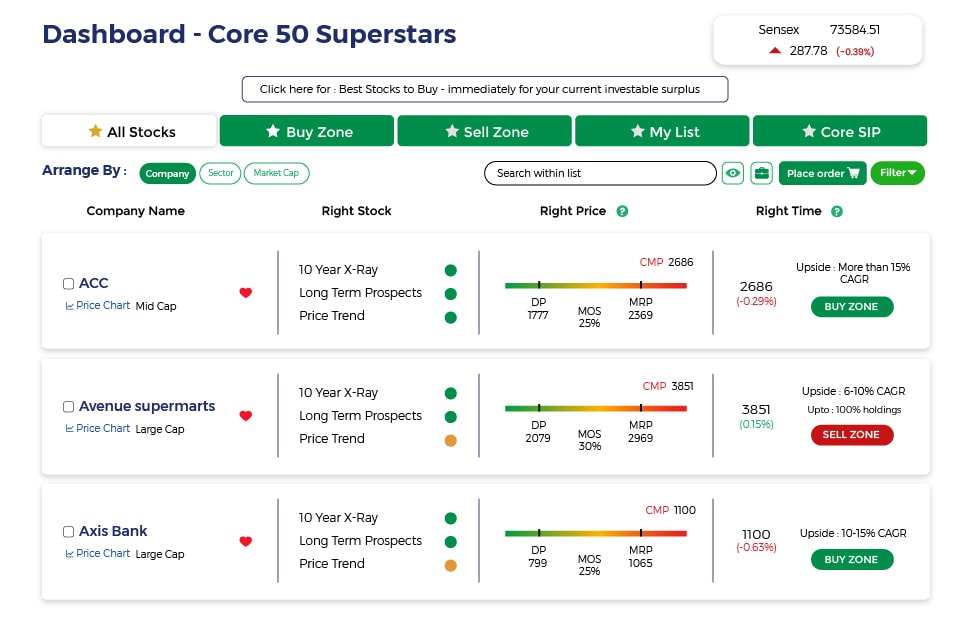Investing is all about rational thinking and logical decision-making. Common human Psychological biases often lead to poor decisions and investment mistakes. Having biases taking control over our decision-making would lead to prejudiced opinions. Understanding our inherent biases would mean better-investing decisions and thus better returns. We can never get rid of all the biases but we need to be aware of them to know the clarity of thought in any decision.
Outlined below are key Cognitive biases that can lead to Poor Decisions:
1. Confirmation Bias:
Validation is a natural human tendency. We tend to get swayed away by the emotions that we have for a company, an investment, or a price that we deem fair. A closed ideology about an investment thesis will look at future changes in business dynamics in the way it suits its thesis. This barrier to thinking openly is called Confirmation Bias in Behavioural Finance.
“Invert, always invert” Is a famous saying in investing. It means to counter our investment thesis. Once we very well get known the scenarios when an investment thesis works and when it doesn’t when we don’t just rely on public confirmation for the same and gauge business developments of a company on its merit.
2. Information bias:
Investors are always bombarded with lots of information that is practically useless to change their investment philosophy. Be it Financial Commentators, Newspapers, or Broker reports, carefully segregating meaningful information is like looking for a needle in a haystack. The daily stock price is the most common useless information one can get because it does not generally affect the medium-term business prospects of any company. The investment thesis needs to be as clear as possible. Investing is about EQ (Emotional Quotient) & not IQ (Intelligence Quotient).
3. Loss aversion:
A widespread trait among investors is the tendency not to sell off the loss-making investment and to wait to recover the losses from the same Stocks. This makes them end up holding lots of loss-making companies for longer terms. Losses in previous investments are sunk cost and thus they should not have any say in future decisions. Investing decisions should be based on the Portfolio level and not from the perspective of individual companies. A decent-looking stock can also be sold in event of a better investment opportunity coming up.
4. Incentive-caused bias:
Wrong incentives can make even well-informed individuals do actions that are detrimental to society as a whole. A classic case study for this would be the US Sub-prime crisis aka 2008 Crisis wherein banks would lend money to borrowers with No Income No Jobs aka NINJA Loans knowing very well that they could not repay it. At every level of the financial system, there were incentives for individuals to act without prudence. The result of all this is known to us.
In India, a common example of this would be Endowment Insurance Plans, these products are very low-income generating products but the Agents would make sure you buy these products as the highest commission is in the sale of these products. Thus personal incentives triumph over the actual good product selection for the customer. Having skin in the game is an effective have to analyze if advice from experts is free from Incentive caused biases.
5. Hindsight bias:
Hindsight bias is a psychological phenomenon that makes people believe that they predicted an event accurately before it happened. This also convinces them that they will be successful in predicting other events too. This mainly comes from individuals giving themselves credit for some events that are outcomes of pure luck. At the time such predictions were made, there isn’t any necessary logical explanation or facts present which would have made us conclude the outcome of events. A common example of this would be the so-called Pundits who correctly predicted the 2008 Sub-Prime Crises, or in the Indian context what we can see is, just because some high quality and high margin businesses gave exceptional years in the past decade, they were expected to do so even in the next decade.
To conclude: Biases stem from the environment we live in and how people around us react to specific situations. However, having the wrong beliefs which hinder rational decision-making could seriously dent your dream of making a fortune in the Stock Market.
Already have an account? Log in
Want complete access
to this story?
Register Now For Free!
Also get more expert insights, QVPT ratings of 3500+ stocks, Stocks
Screener and much more on Registering.








 Download APP
Download APP




















Comment Your Thoughts: